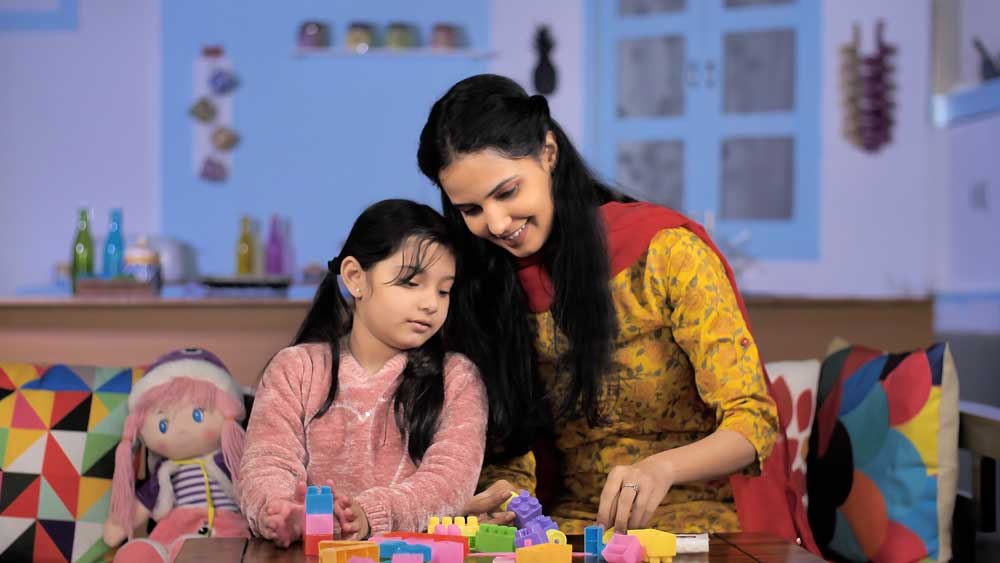For decades, a housewife was simply defined as someone who managed the household while her husband earned the family income. Today, we often use the term “homemaker” instead, a small but significant step towards recognising the value of their work. In India, where gender roles have shifted considerably, women are increasingly stepping into the workplace while continuing to manage their homes and families.

Why Women Step Back: The Challenges They Face
The reasons are multifaceted and deeply rooted in societal structures. Many women forgo their careers due to a lack of proper support systems:
- Childcare Issues: Reliable crèches are hard to come by, leaving mothers with few options for their children’s care.
- Domestic Help: Untrained or unreliable domestic help adds to their burden.
- Transport & Safety: Commuting in Indian cities can be unsafe, limiting women’s mobility.
- Work-Life Balance: Irregular working hours and insufficient maternity support make it difficult to balance career aspirations with personal responsibilities.
- Pay Disparities: Women continue to earn less than men, further discouraging them from pursuing work.
Adding to these challenges, many women take career breaks for marriage, pregnancy, or stress. Upon returning to work, they often encounter scepticism about their capabilities, as employers assume that a gap in their career means a loss of skills.

Mental Health: The Silent Struggle of Homemakers
While homemakers devote themselves to their families, their mental health struggles often go unnoticed and unaddressed. Here are some of the key challenges they face:
- Episodes of Depression and Anxiety: Many homemakers experience anxiety, stress, or depression, especially when societal and familial pressures weigh heavily. Factors such as family history, personality traits, and past mental health issues can exacerbate these feelings.
- Marital Dissatisfaction: Issues like a toxic relationship with a spouse, disagreements with in-laws, or challenges with children can lead to dissatisfaction. Counselling can be a helpful tool for couples to address these concerns and improve their relationship.
- Balancing Personal and Professional Boundaries: Homemakers often feel guilt when they delegate responsibilities or prioritise their own needs. This guilt trap is exhausting and mentally draining.
- Domestic Violence: A staggering 31% of Indian women have experienced physical, sexual, or emotional violence by their spouses. While working women are statistically less prone to domestic abuse, homemakers are particularly vulnerable, especially in households with entrenched patriarchal ideologies.
Patriarchal Expectations Still Persist
Despite the progress made by millennials and younger generations, patriarchy remains a dominant force in Indian households. Women are still expected to manage the home, care for children, and put their family’s needs above their own. For homemakers, this often means facing questions like, “You’re just a housewife?” or “So, you’re not working?”—as if running a household doesn’t count as work.

If we truly want to empower women, we must:
- Create reliable support systems like accessible childcare and safer public transportation.
- Challenge patriarchal norms that confine women to domestic roles.
- Normalise career breaks for women and ensure their smooth reintegration into the workforce.
- Raise awareness about domestic violence and ensure every woman knows her legal rights.
Standing Tall with Pride
To every homemaker: You don’t need to be apologetic about your choice. Running a household is hard work, and your role is invaluable. Empower yourself with knowledge, demand respect, and stand tall with pride. Whether you choose to work outside the home or within it, your contribution is immense, and it’s high time society recognised that.